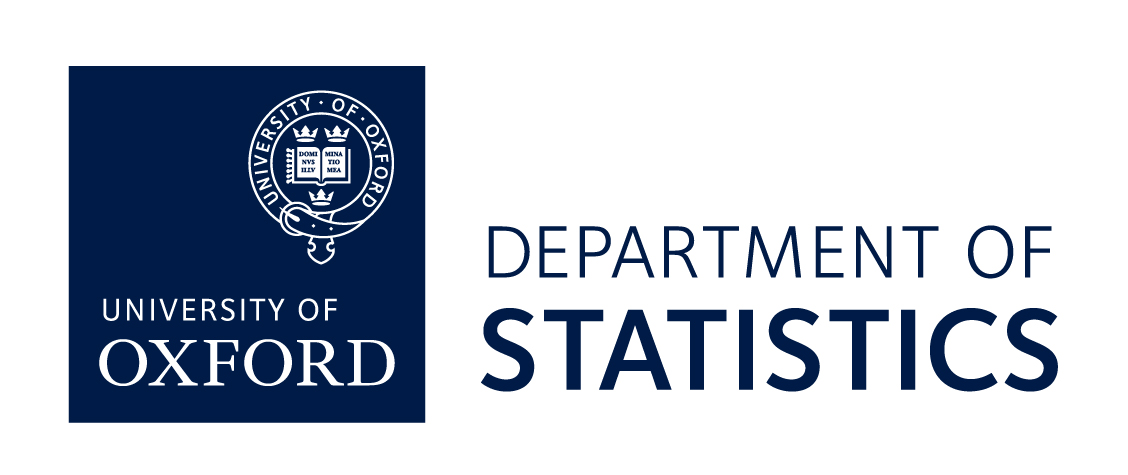Breadcrumb
Professor Garrett M. Morris
Associate Professor of Systems Approaches to Biomedicine
Biographical Sketch
Professor Morris read Chemistry as an undergraduate and graduate at Oxford, completing his Part II (1987-88) and DPhil (1988-91) with Prof. W. Graham Richards in molecular modelling and graphical protein sequence analysis. In 1991 he moved to The Scripps Research Institute, California, developing the widely-cited protein-ligand docking software, AutoDock. He helped launch the first biomedical screensaver computing project, FightAIDS@Home, spawning other biomedical projects on IBM’s World Community Grid. He returned to the UK in 2008 to join the Oxford spinout InhibOx (now Oxford Drug Design), doing ‘real-world’ drug discovery and developing novel virtual screening methods, as well as spearheading the use of cloud computing in drug discovery. He moved on to become Head of Computational Chemistry at another Oxford spinout, Crysalin, developing novel protein engineering techniques for reliable protein crystallization.
Prof. Morris has co-organized the Royal Society of Chemistry’s "AI in Chemistry” Conference since 2022, and the MGMS-CSAT Joint Sheffield Cheminformatics Conference since 2019. He also founded Comp Chem Kitchen, hosting events highlighting best-practices in computational chemistry, cheminformatics and related fields.
Prof. Morris works closely with Prof. Deane in the Department of Statistics in the Oxford Protein Informatics Group (OPIG). He is also Programme Co-Director of the SABS R³ (Sustainable Approaches to Biomedical Science: Responsible and Reproducible Research) Centre for Doctoral Training. In September 2019, he became Deputy Director of Graduate Studies. He is a Research Fellow of Green Templeton College, Oxford.
Former students have gone on to work in academia (Universities of Auckland; Malta; Oxford; and Stanford); pharma (AstraZeneca, Astex, Bayer, Chemify, and Isomorphic Labs); patent law (Carpmaels & Ransford); research software engineering (University of Oxford and Swiss National Supercomputing Centre); research funding (UKRO/UKRI); and venture capital (Redalpine).
Research Interests
My research is focused on the development of novel methods in computer-aided drug discovery, docking, virtual screening, cheminfomatics and bioinformatics. I am particularly interested in the intersection of physics, chemistry, and machine learning, including active learning, deep learning, Bayesian optimization, explainable AI, and generative AI.
Publications
Contact Details
Affiliations: Co-Director of the Sustainable Approaches to Biomedical Science: Responsible and Reproducible Research Centre for Doctoral Training
Research Fellow, Green Templeton College, Oxford
Deputy Director of Graduate Studies, Department of Statistics
Specialty Chief Editor, Frontiers in Bioinformatics: Drug Discovery in Bioinformatics
Fellow of the Royal Society of Chemistry
Email: garrett.morris@stats.ox.ac.uk
Telephone: +44 1865 281770
Office number: 2.15
Pronouns: He/Him
Graduate Students
- Leo Klarner (SABS + Roche, Clarendon Scholar)
- Martin Buttenschoen (Stats DPhil)
- Ísak Valsson (Stats DPhil)
- Arun Raja (SABS + AstraZeneca, Stats DPhil)
- Adelaide Punt (SABS + Lhasa, Stats DPhil)
- Sam Money-Kyrle (iCASE + Lhasa, Stats DPhil)
- Charlie Clark (Genomic Medicine & Statistics DPhil)
- Alvaro Prat (iCASE + AstraZeneca, Stats DPhil)
- Sanaz Kazeminia (SABS + Eli Lilly)
- Aaron Maiwald (Stats DPhil)
- Manraj Bura (Biochemistry Part II)
MSc Stat Sci Students, 2023-24:
- Isaac Rankin
- Yubing He
- Yuze Wei



